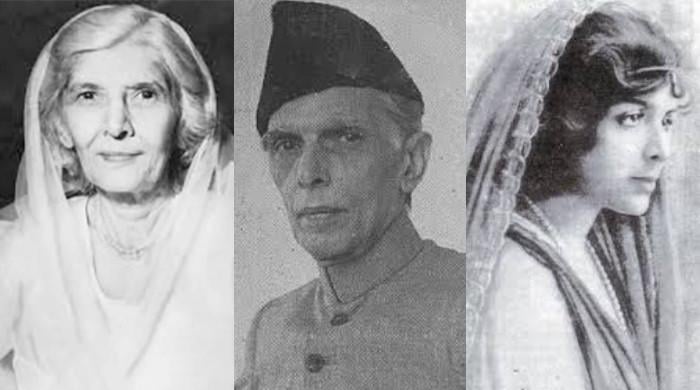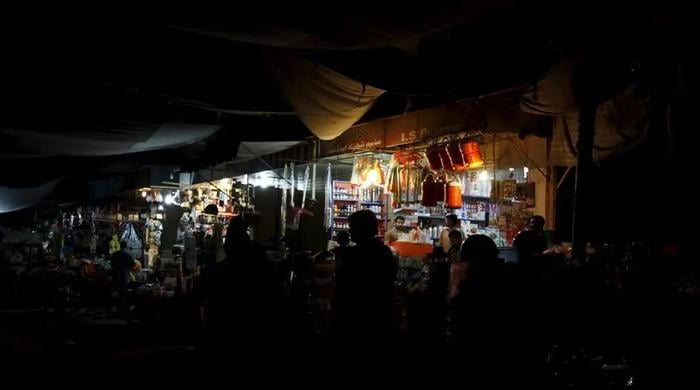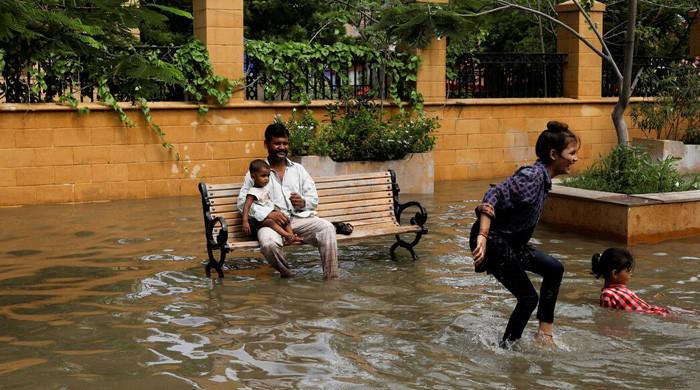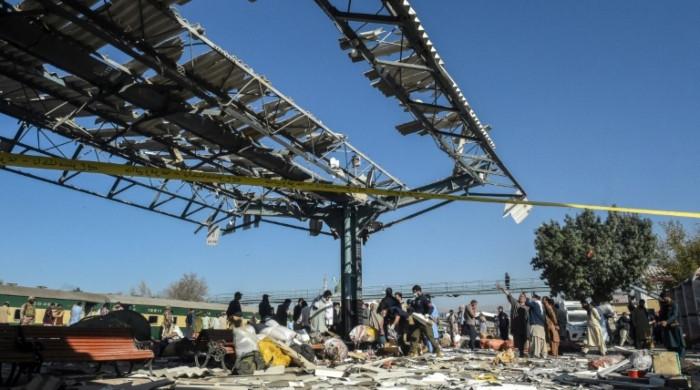No joy in Biparjoy
National self-neglect is evident whenever there is danger of storm hitting land as beaches become full of storm watchers
June 13, 2023
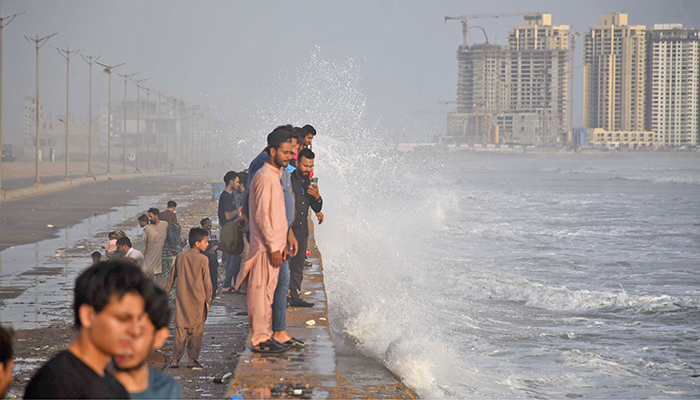
The 'joy' in Biparjoy is not a command for anyone to drop everything and head for the beach. It has nothing to do with joy. Biparjoy means disaster or calamity in Bengali, which may be an apt name for this category three tropical cyclone, which the National Disaster Management Authority (NDMA) is calling a "very severe cyclonic storm (VSCS)", moving over the east-central Arabian Sea with winds at about 170km/hr.
The Met Office is forecasting rains and high winds, while the cyclone is set to impact the southeastern belt on July 15. To deal with this, authorities have tried to enforce Section 144 on beaches to avoid loss of life by keeping people away. Yes, the authorities are trying to stop people, but from experience, more people will try to defy the ban and head for the beach.
Psychology explains the fight or flight response as an "automatic physiological reaction to an event that is perceived as stressful or frightening".
This is a normal reaction in a threatening situation; we see it in animals as well. But not Pakistanis. They are probably among the few nations that enjoy inflicting self-harm without considering the consequences. Psychology explains self-harm as "deliberately causing harm to oneself either by causing a physical injury, by putting oneself in dangerous situations and/or self-neglect".
This national self-neglect is evident whenever there is a danger of a storm hitting land. The beaches are full of storm watchers along with their children, who are spending a normal day on the beach, laced with chances of mass drowning if the storm hits.
Everyone seems happy enjoying the strong waves, making human chains — it's a scary sight to see entire families standing waist-deep in the sea as if tempting Poseidon, who is probably too stunned to react.
On the other hand, vendors are minting money and enjoying the huge crowds on the beach.
Certain news reports have captured the phenomenon of national self-harm/neglect. Clips are available in which people are at the beach with their families standing in the knee to waist-deep water, complaining that there is no security. The government has not done anything to protect them.
Replying to the reporter, one person said no one stopped us, there were no checkpoints. What is the government doing?
Another said he knew that Section 144 had been imposed, adding where were the police to stop people from entering the sea. He complained, gesturing around him that there were no police or rescue people; what if something happened? Who would be responsible?
The reporter should have asked: What about commonsense to follow the government's imposition of 144? What about not coming to the beach, especially when most people in Karachi cannot swim? What about being a law-binding citizen for once by not adding to problems by becoming a casualty and putting the lives of rescuers and police in danger?
When there were chances of cyclone Nilofer hitting, an Australian journalist shared a photo of our beach to verify (I am a certified fact-checker and often help to verify news about Pakistan). The photograph showed people enjoying themselves on the beach with a caption about Nilofer approaching.
The journalist wanted to know if the caption was wrong or if the wrong picture had been posted. He was surprised when I verified the picture as a real image. As you can imagine, he had so many questions.
In 2007-2009, when I was working with a channel, I was helping with a news package and editing comments our reporter had recorded at Sandspit Beach. He asked people why they were on the beach when they knew a storm was coming.
One young man who had been swimming like an awkward dolphin — he didn't know how to swim — said the police were not doing their duty and stopping people from going into the dangerous water. Another said if anything happens, the government is responsible.
The reporter also talked to a police officer who told him that no one was listening to them, and they had to chase people out of the water, who only went back in. He added that people didn't seem to understand the threat and there was so much the police could do. Replying to a question, he said he didn't know how to swim, and he was sure neither did most who were at the beach.
It is amazing to see the indifference and lack of awareness of the consequences of Karachiites. When questioned about this, you often hear that Ghazi Sahab protects Karachi from natural disasters.
Ghazi Sahab, or Abdullah Shah Ghazi, is a Muslim mystic and Sufi whose shrine is in Clifton, Karachi. Locals call him Ghazi Sahab.
It is believed that Ghazi Sahab protects Karachi from natural calamities, especially those linked to the sea, like tsunamis and storms.
As Biparjoy is moving closer, Karachi should brace for strong rains and winds and not plan picnics by the beach. Only go out if necessary. Stay safe and don't enjoy but avoid Biparjoy.






